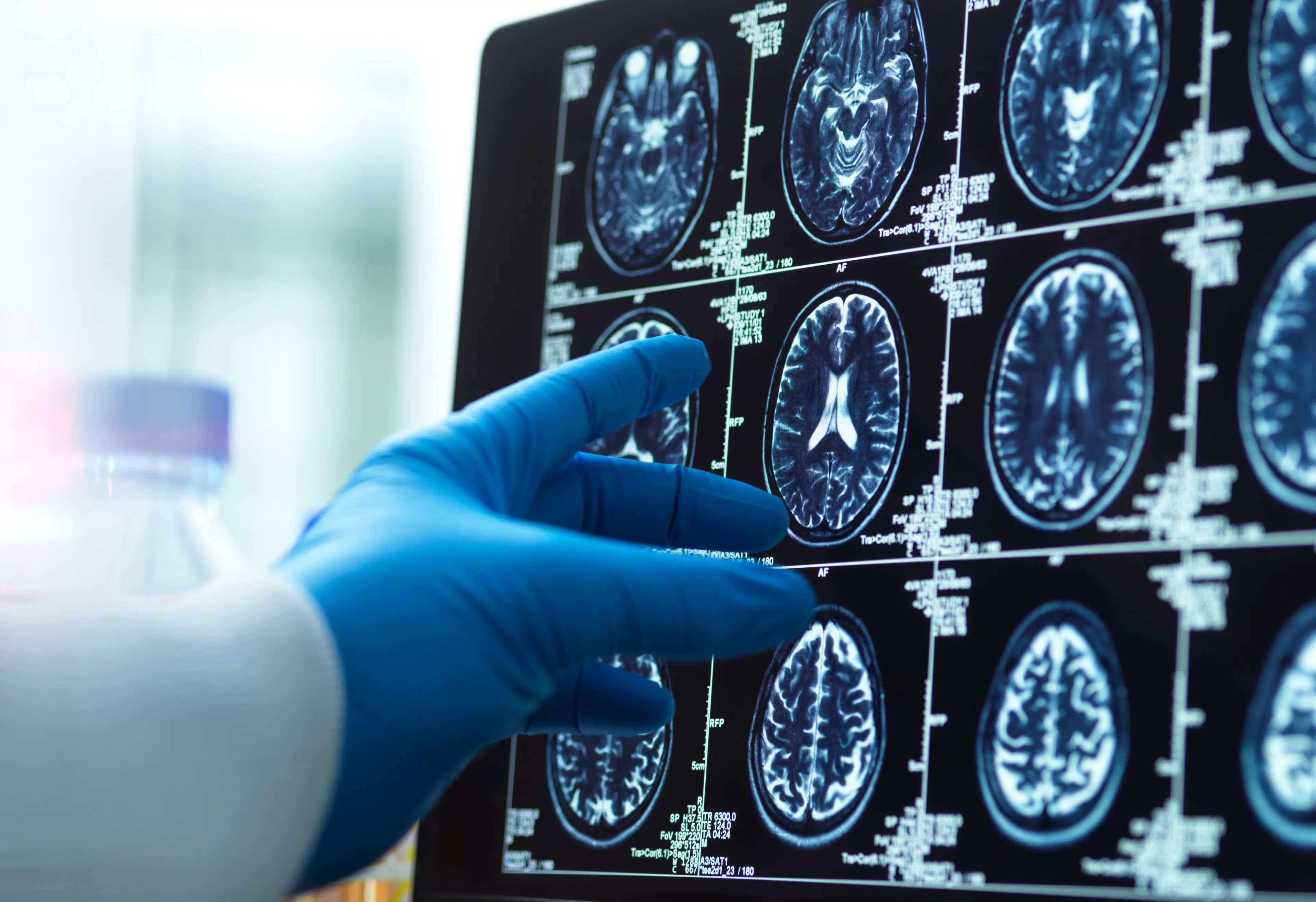
Doctors are searching for answers after a woman reported experiencing numerous orgasms a day without sexual stimulation.
The unnamed 20-year-old has been in a constant state of titillation for the past five years, and although some people might think it sounds like fun, the condition causes utter turmoil.
The distress the patient has experienced meant she was unable to go to school or work, and maintaining relationships was also incredibly challenging.
Her symptoms first appeared when she was 14 and at this time, she always experienced increased sensitivity, and started to believe others could read her thoughts, which led to her being hospitalized for depressive and psychotic symptoms.
Advert
But the patient’s symptoms continued despite remedies such as anti-epileptic and psychiatric medications.
She also sought medical help for her constant orgasms and neurologists initially ruled out epilepsy after conducting EEG monitoring and physical examinations showed no structural abnormalities.

The woman, from China, was diagnosed with a condition called persistent genital arousal disorder (PGAD), which causes the constant genital arousal without sexual desire or stimulation. And undoubtedly, it can cause serious disruptions in daily life.
“The sexual arousal symptoms are characterized by recurrent and spontaneous orgasmic experiences,” explained Jing Yan and Dafang Ouyang of the Peking University Sixth Hospital in Beijing, which carried out a study that observed the woman's case.
The exact cause of the condition is not well understood and it was first formally described in 2001. Although it is considered rare, it is more common in women than men and affects around 1% of women in the US, the Cleveland Clinic explains. However, it remains under-diagnosed.
Symptoms could be described as pressure, throbbing, burning, itching, or pins and needles.
You may be wondering how this condition differs from sexual arousal, and the medical platform shares: "PGAD doesn’t feel good in the way that sexual arousal does. Sexual arousal feels good, in part because you desire the physical sensations. Desire is a key part of a healthy sexual response.

"Also, you can feel comforted that feelings of release and normalcy will follow the physical experience of heightened sexual tension.
"PGAD is different in that you lack control over feelings of arousal, and you don’t know when your body will experience relief or return to its baseline."
Possible causes could include nerve damage, abnormalities of the spine, or the side effects of medicine
“Some studies have suggested that PGAD might be triggered by changes in the use of antidepressants or anti-anxiety medications, such as selective serotonin reuptake inhibitors or serotonin-norepinephrine re-uptake inhibitors,” the publication explains.
Some studies have suggested a link between PGAD and an imbalance of dopamine, a neurotransmitter that is key for the brain’s arousal and reward system.
Sadly, PGAD has no cure right now.
